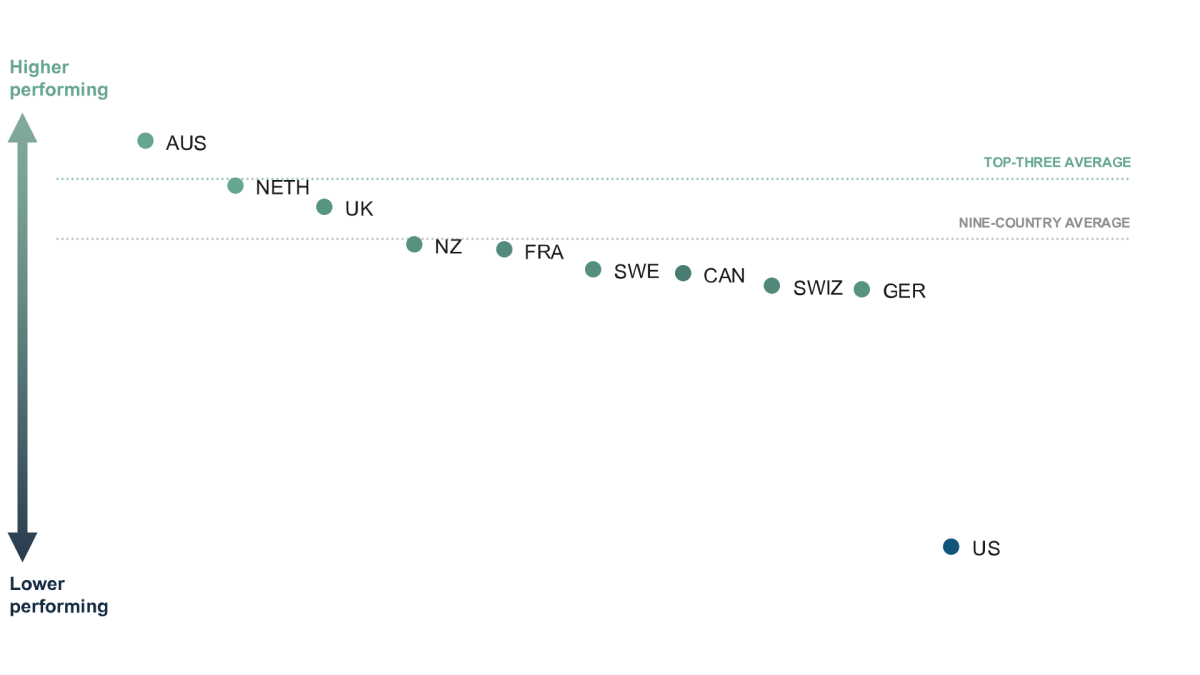Six hours a day, five days a week is a large task for most students. Many beg to stay home almost every day, whether due to exhaustion or a pure dislike of school. Teachers and adults claim it’s due to the overuse of technology or bad sleep schedules, but is that truly the case? Studies show that the two leading causes of exhausted students are overworking and physical stress. Teenagers need more sleep than adults. Yet, many students don’t even manage to reach the adult target. Students should be getting 8-10 hours of sleep a night. In reality, many don’t even get six hours. Sometimes, even when students are in bed for a good amount of time, they’re not getting enough quality sleep. Although people are growing more aware of its importance, the number of students who still fail to get enough sleep continues to increase. So, what are the causes of students’ sleep deprivation?
Teenagers are undergoing significant changes, which is stressful and exhausting. Combine hormonal changes with the need for social acceptance and the pressures of schoolwork, and you get a recipe for tiredness and trouble falling asleep. Also, students are always surrounded by technology. They use computers for schoolwork, watch TV in the evening, and are glued to their phones. This makes it difficult for them to switch off at night. Being on their phones in bed is especially damaging. Social pressures keep students glued to their phones at night because they experience Fear of Missing Out (FOMO). They worry about missing out on social media updates, for example, making a very unrelaxing time in the lead-up to bedtime. Phone screen light limits the release of the hormone melatonin as well. This stops students from feeling sleepy, keeping them wide awake.
In addition, students often struggle with having a consistent bedtime routine. They go to bed at a different time each night, think they can catch up on sleep at the weekend, and take nice, long after-school naps. None of this helps students to get a long, good-quality sleep at night. Instead, this kind of routine makes students more sleepy during the day. Some students are also loading up on coffee and tea to help them get through the day. This is counterproductive, as caffeine can drain energy and contribute to sleep difficulties.
Students also struggle with prioritizing schoolwork over their mental health or sleep. Putting schoolwork first, of course, sounds like a good thing. But sacrificing sleep for work is counterproductive. Research shows that many students put work before sleep, thinking they can just push through busy and stressful periods. Even when students recognize its benefits, they see being tired as normal and view sleep as the one thing they can put off to meet other demands. The reality is that quality sleep is essential for good performance. Furthermore, if students overburden themselves with schoolwork late at night, they fall into a vicious cycle of overthinking. Before bed, they often stress over what needs to be done the next day, which contributes to their inability to fall asleep.
Overall, we cannot expect students to know all of these things, or to find the motivation to develop all these habits on their own. There is a given responsibility to educators and parents, to teach them the benefits of sleep and the right strategies to get more of it.
Not only will this help them understand why they struggle to stay awake during the day and fall asleep at night, but it will also improve their well-being and the quality of their work.











